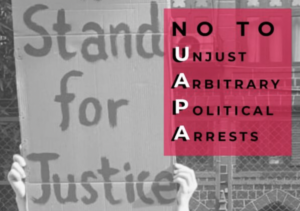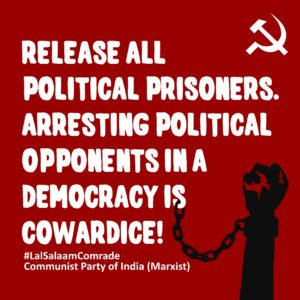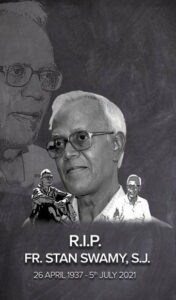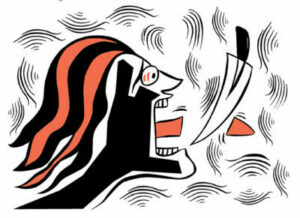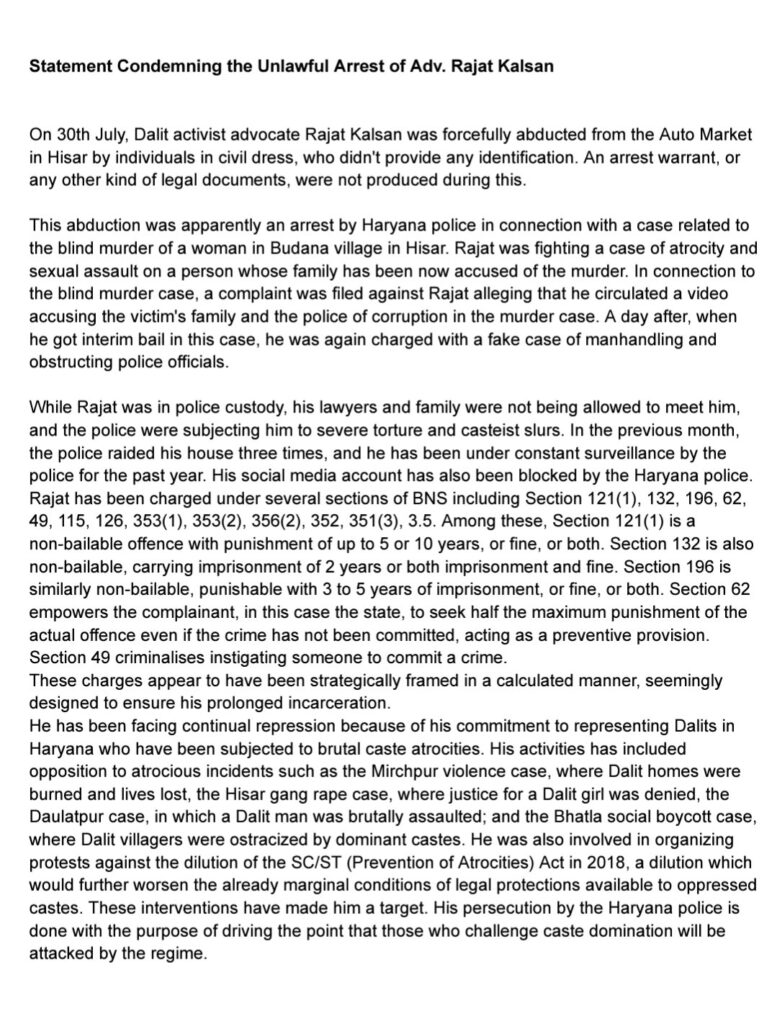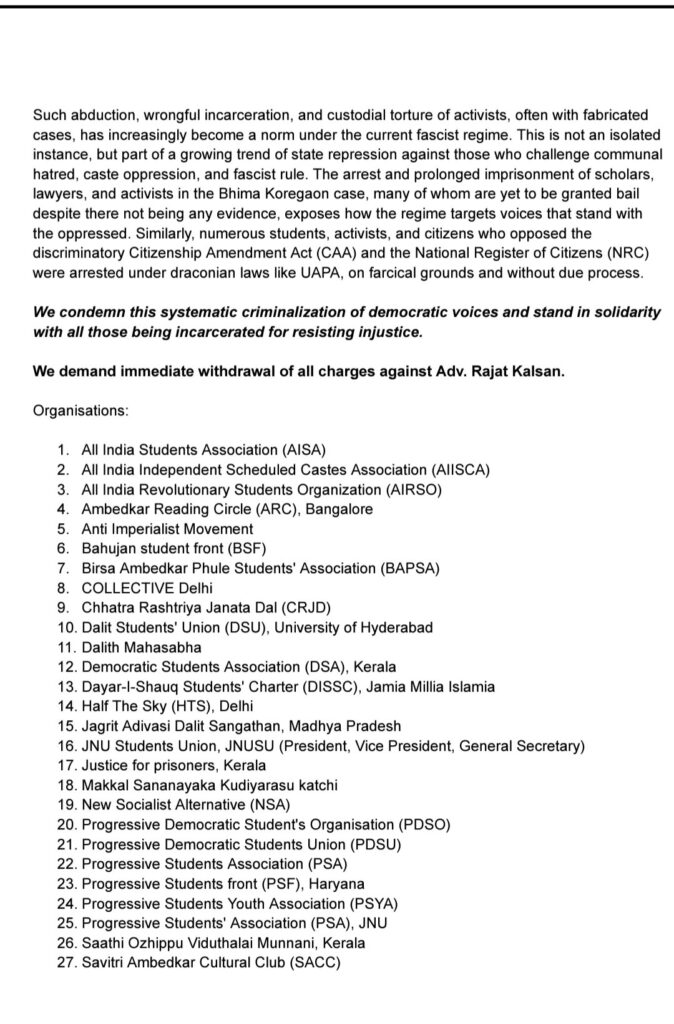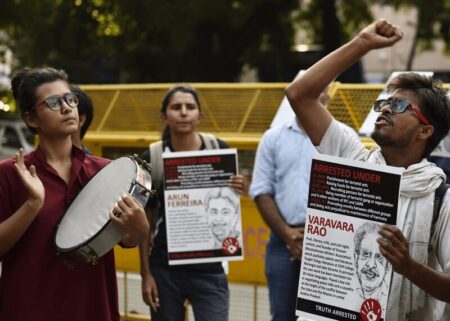
“Sorry, Stan!”
11/08/2025
Countercurrents.org / by Cedric Prakash
Dear Stan,
I write this to you with a heavy heart: shocked and saddened; upset and angry. This letter to you, is perhaps to ease the angst in me; I really don’t know what to say and how to say it!
…
On 9 August, St Xavier’s College(SXC) Mumbai, (through their Department of Inter-Religious Studies) was scheduled to hold ‘The Annual Stan Swamy Memorial Lecture’. The topic was ‘Migration for Livelihood: Hope Amidst Untold Miseries’. It was to be delivered virtually by Jesuit Fr. Prem Xalxo, currently Associate Professor of Moral Theology at the Gregorian University, Rome. The speaker was a renowned personality and the topic timely and relevant. On 4 August, representatives of the Akhil Bharatiya Vidyarthi Parishad(ABVP) met the SXC authorities, and in a written letter ‘strongly condemned’ the organising of the lecture and demanded its cancellation. Very sadly, the Jesuit management and other officials caved in to this pressure and cancelled the lecture. For this, “Sorry, Stan!”
Read more
St Xavier’s College cancels Stan Swamy lecture after ABVP protests
09/08/2025
Scroll.in / by Scroll Staff
Organising a lecture in memory of an accused in the Elgar Parishad case ‘is an attempt to glorify urban Naxalism’, the Hindutva group told the institution.
St Xavier’s College in Mumbai has cancelled its annual Stan Swamy Memorial Lecture, which was to be held on Saturday, after protests by the Akhil Bharatiya Vidyarthi Parishad, reported The Free Press Journal.
The ABVP is the student wing of the Rashtriya Swayamsevak Sangh, the parent organisation of the ruling Bharatiya Janata Party.
Read more
St. Xavier’s Mumbai cancels Stan Swamy memorial lecture after protest
07/08/2025
Matters India / by Matters India Reporter
St. Xavier’s College, Mumbai, has cancelled its annual Stan Swamy Memorial Lecture scheduled for August 9, following protests from the Akhil Bharatiya Vidyarthi Parishad (ABVP), a student organization affiliated with the RSS.
The lecture, titled “Migration for Livelihood: Hope amidst Miseries,” was to be delivered virtually by Father Prem Xalxo and organized by the college’s department of Inter-Religious Studies. It aimed to honor the legacy of the Jesuit priest and tribal rights activist who died in judicial custody in July 2021.
Read more
St Xavier’s College Cancels Stan Swamy Lecture After ABVP Protest
06/08/2025
Free Press Journal / by S Balakrishnan
The lecture, organised by the college’s department of inter-religious studies, was to have been delivered by Fr Prem Xalxo on “Migration for Livelihood: Hope amidst miseries.”
St Xavier’s College has cancelled its annual Stan Swamy Memorial Lecture scheduled for August 9 pm following protest from the Akhil Bharatiya Vidyarthi Sangh (ABVP), an RSS affiliated. …
The ABVP told the college principal in a strongly worded letter that Fr Stanley was a prime accused in the Bhima Koregaon criminal case and was arrested under UAPA, an anti-terrorist law. Prashant Mali, ABVP secretary, Mumbai, alleged in the letter that Fr Stanley was linked to the CPI (Maoist).
Read more
Also read:
▪ Daring, Fearless and Kind, Father Stan Swamy Remains a Beacon of Resistance (The Wire | by Hany Babu, Jyoti Jagtap, Mahesh Raut, Ramesh Murlidhar Gaichor, Sagar Gorkhe, Surendra Gadling | Jul 2025)
▪ Video: Testimony of Stan Swamy, two days before his arrest on 8 October 2020.

en | 7:48 min | Oct 6, 2020
Watch video
▪ Bhima Koregaon: The man who lodged FIR against Mevani and Khalid is distancing himself from ABVP (Scroll.in / Sep 2018)
